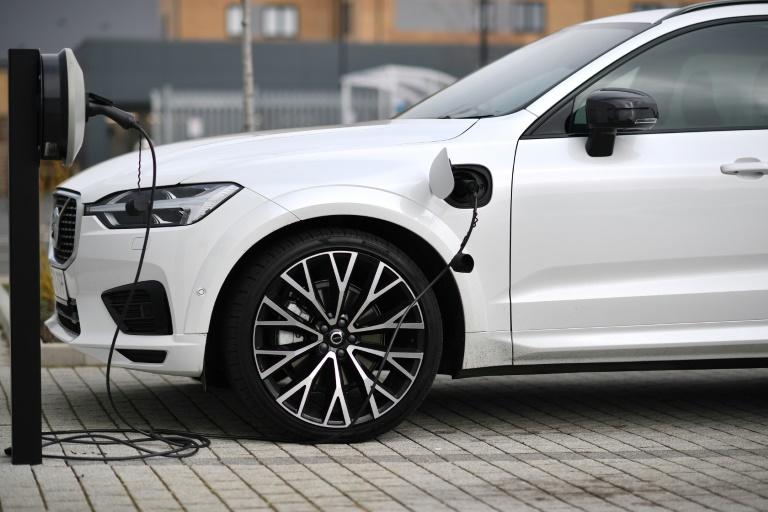
PARIS, Nov 3, 2021 (BSS/AFP) - Hybrid cars are increasingly popular in the
European Union as eco-conscious drivers turn away from their more polluting
petrol and diesel counterparts, but environmentalists warn they're not as
green as they seem.
Sales of the cars, which use both a conventional combustion engine and a
small electric motor, allowing owners to drive a few kilometres without
emitting CO2, could soon overtake those of petrol vehicles in the EU.
In the third quarter of this year, 20.7 percent of cars sold in the bloc
were new hybrid versions whose batteries are recharged by collecting wasted
energy from elsewhere, like braking, and 9.1 percent were hybrid plug-ins
that can be charged from an electric outlet.
Close to 40 percent were petrol-powered, 17.6 percent diesel and just 9.8
percent were fully electric.
Cheaper than fully electric cars, they also provide some reassurance for
those worried about their battery running out of power at a time when
charging stations are still not widespread.
Auto giants like Toyota, Stellantis, Renault and Hyundai-Kia are banking
on hybrids, not least because they allow them to comply with EU norms on CO2
emissions at a lesser cost than fully electric cars.
- 'Barely cleaner' -
But are they truly less polluting, or more of a transition solution as the
world edges towards ditching petrol and diesel altogether?
Greenpeace and the pressure group Transport & Environment believe that
hybrids actually slow down this transition.
They want to accelerate the shift to fully electric and to other forms of
transport, pointing out that hybrids aren't that green.
"Conventional 'full' hybrids in particular, which run for the majority of
the time on fossil fuel energy, are barely any cleaner than traditional
petrol and diesel engines," Greenpeace said last year.
Marie Cheron of France's Nicolas Hulot Foundation, an environmental group,
concurred.
"For example, some hybrids have been bought for fleets (of cars), they do
not have a system that allows them to recharge, people don't charge them, and
so they don't drive electric."
But Philippe Degeilh, an engineer at IFP Energies Nouvelles (Ifpen), an
energy, transport and environment research group, said people just need to be
educated in how to use hybrids correctly.
According to an Ifpen study published at the end of 2020, hybrids emit an
average of 12 percent less CO2 than a similar petrol-powered car.
That rises to 33 percent in town, while it drops to almost zero on
highways.
Plug-ins that are driven smoothly -- draining batteries less -- and often
recharged are "capable of nearing zero emissions," according to Ifpen.
"A household that has just one car can have a better environmental record
with a hybrid rather than with an electric car equipped with a large battery.
It's designed to do 50 kilometres a day and sometimes to go on holiday," said
Degeilh.
- To stay or not? -
Meanwhile, fully electric cars aren't necessarily all that green either.
Their batteries, which are getting bigger and bigger, require a lot of
energy in their production.
Where the electricity comes from is also important to determine their
environmental credentials.
The debate around hybrids is also a political one.
As the EU plans to ban the sale of petrol and diesel engines from 2035,
some of the auto industry wants to ensure a role for hybrids.
"We think the hybrid is here to stay," Jim Crosbie, head of Toyota Motor
Manufacturing France, told AFP.
Hybrids -- excluding plug-ins -- represent 70 percent of the Japanese
group's sales in Western Europe.
"If we're talking about a model life cycle of seven to nine years, it will
remain an important asset for us in the years to come," he said.